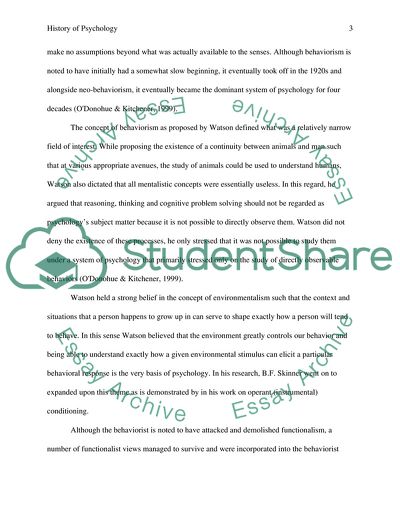Cite this document
(History of Psychology Literature review Example | Topics and Well Written Essays - 1250 words, n.d.)
History of Psychology Literature review Example | Topics and Well Written Essays - 1250 words. https://studentshare.org/psychology/1845547-history-of-psychology
History of Psychology Literature review Example | Topics and Well Written Essays - 1250 words. https://studentshare.org/psychology/1845547-history-of-psychology
(History of Psychology Literature Review Example | Topics and Well Written Essays - 1250 Words)
History of Psychology Literature Review Example | Topics and Well Written Essays - 1250 Words. https://studentshare.org/psychology/1845547-history-of-psychology.
History of Psychology Literature Review Example | Topics and Well Written Essays - 1250 Words. https://studentshare.org/psychology/1845547-history-of-psychology.
“History of Psychology Literature Review Example | Topics and Well Written Essays - 1250 Words”. https://studentshare.org/psychology/1845547-history-of-psychology.


